Why Do I Pee So Often?


You Drink Too Much Water
It’s not just in straight H2O. You get 20-30% of water from foods, and more from other beverages. It may seem obvious, but too much water will make you pee more. That could lower the salt in your blood to unhealthy levels. Follow the “Goldilocks” rule: Drink enough to keep your urine clear or light yellow, but not so much that you spend all day in the bathroom.
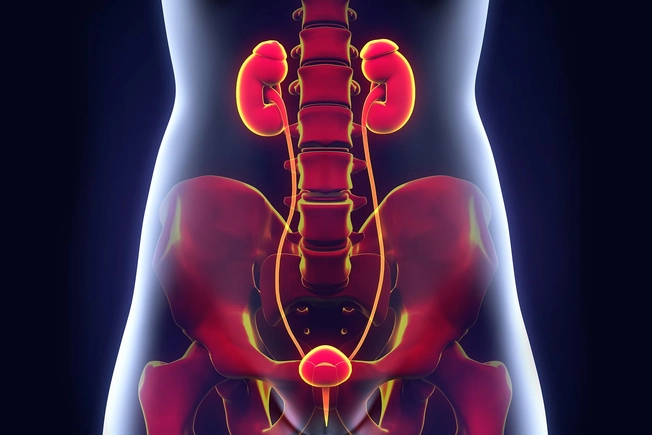
Urinary Tract Infection
It’s the most common cause of frequent peeing. Bacteria infect your kidneys, bladder, or the tubes that connect them to each other and to the outside world. Your bladder swells and can’t hold as much urine, which may be cloudy, bloody, or strange-smelling. You might also have fever, chills, nausea, and pain in your side or lower belly. Your doctor will likely prescribe antibiotics to get rid of the infection.
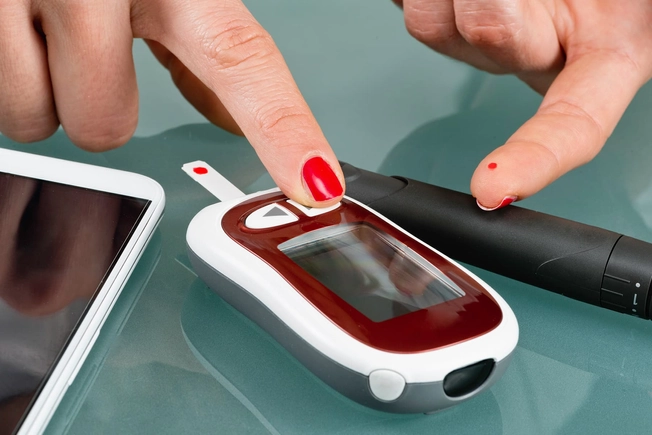
Diabetes (Mellitus)
Both type 1 and type 2 raise your blood sugar. Your kidneys try to filter it out, but they can’t always keep up. So the sugar ends up in your urine. This draws more water from your body and makes you pee more. The frequent urge to go is one of the first and most common signs of diabetes. Talk to your doctor if you suddenly start to pee more than usual.
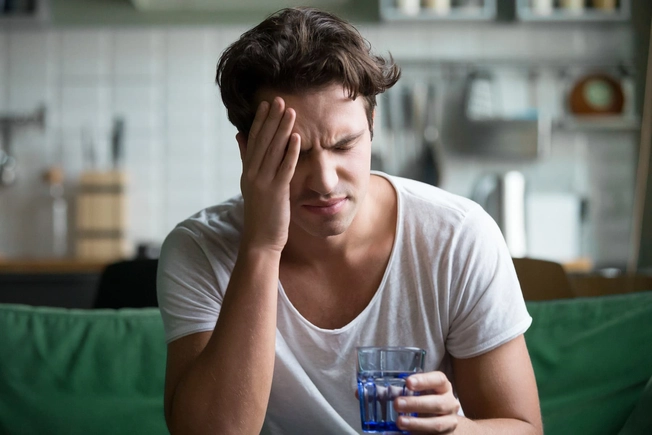
Diabetes Insipidus
This is a different condition from type 1 or type 2 diabetes. Here, your body can’t use or doesn’t make enough vasopressin, a hormone that normally tells your kidneys to release water into your blood when you need it. You may feel tired, nauseated, confused, and very, very thirsty. You also might pee as much as 15 liters a day, or five times more than normal. Your doctor can help you manage it with medication.
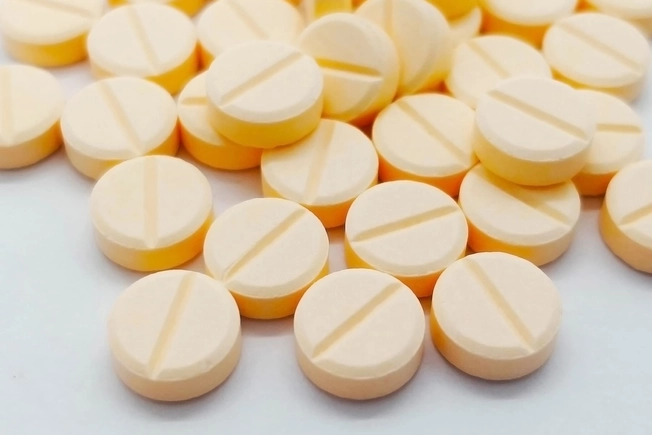
Diuretics
Also known as water pills, these drugs treat high blood pressure and liver and kidney problems. They make your kidneys release more salt (sodium) into your urine, which makes you pee more. This may cause you to lose too much sodium and potassium, which could be bad for your health. You might be dizzy, achy, and nauseated. Talk to your doctor before you stop or change your dose.
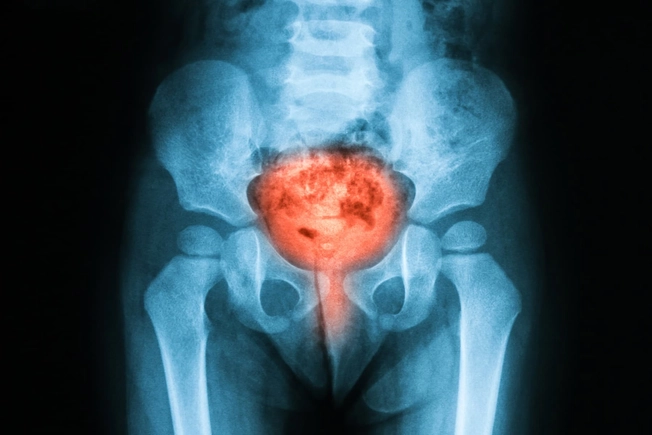
Painful Bladder Syndrome
You might feel like you have to go all the time, but not much flows out. You also might have pain in your lower belly that gets worse when you pee or have sex. It seems to happen when your bladder tissue gets swollen and very sensitive. It’s not always clear what causes that. You can treat this condition, which is also called interstitial cystitis, with diet and exercise, medication, surgery, and physical therapy.
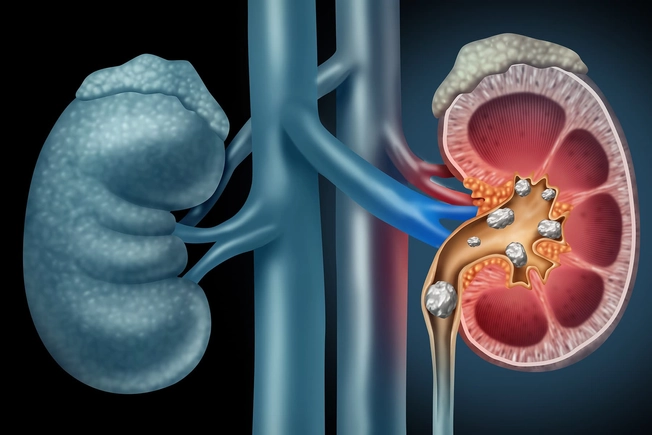
Kidney Stones
Minerals and salts can form tiny rocks in your kidney. You usually feel like you have to go often but don’t make much pee. You also may have nausea, fever, chills, and serious pain in your side and back that branches down to your groin in waves. Extra weight, dehydration, high-protein diets, and family history make them more likely. The stones might come out on their own, or you might need surgery.
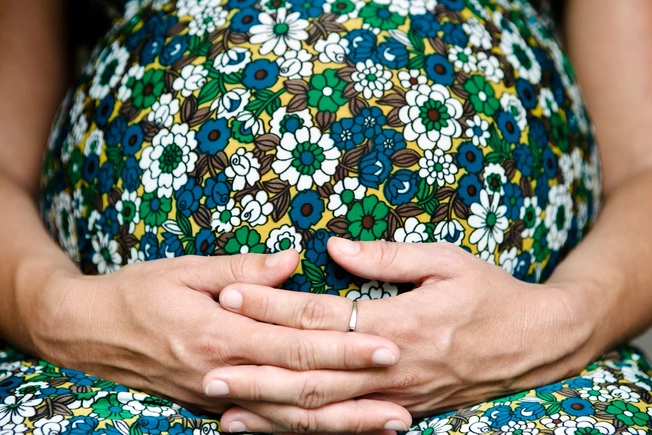
Pregnancy
As your baby grows in your belly, it takes up more space and pushes on your bladder, which makes you want to go sooner. But even before that, when your baby was an embryo implanted in your uterus, it triggered your body to make a pregnancy hormone called human chorionic gonadotropin that makes you pee more. Talk to your doctor if hurts to pee or you see blood in your urine.
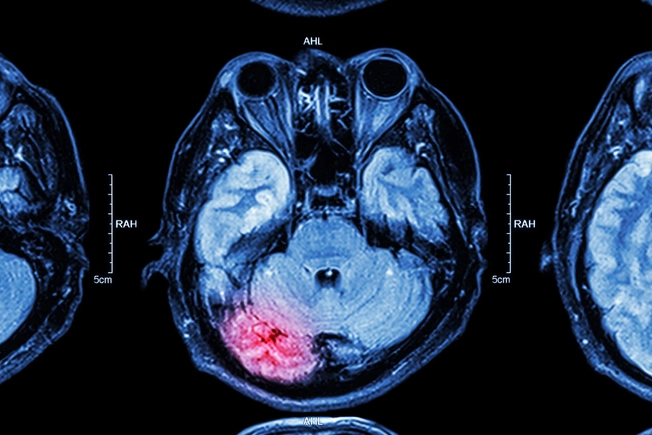
Stroke
It sometimes damages nerves that control your bladder. You may want to go more often, but you may not pee much. Or you might gush a lot of urine. Parkinson’s, multiple sclerosis, and other brain diseases may have similar effects. Your doctor can help you change your diet and bathroom habits to lessen symptoms. You may need medication or surgery in serious cases.
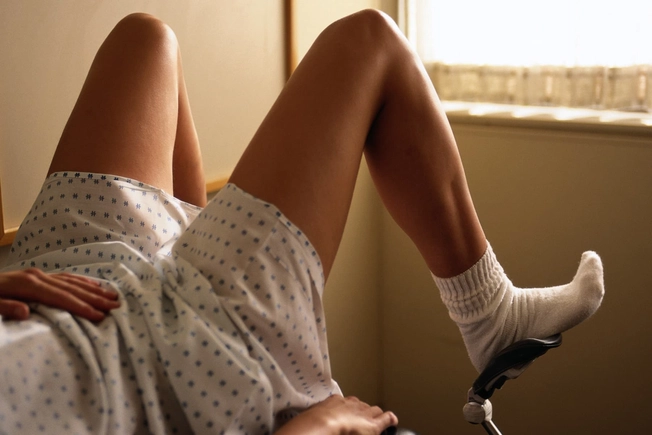
Vaginitis
It’s when your vagina gets infected and inflamed from yeast, bacteria, viruses, medication, or hormonal changes. It also can happen from chemicals in creams, sprays, or clothes. You may itch or burn when you pee, and hurt during sex. You also might notice a discharge and a smell, and feel like you have to pee more often.
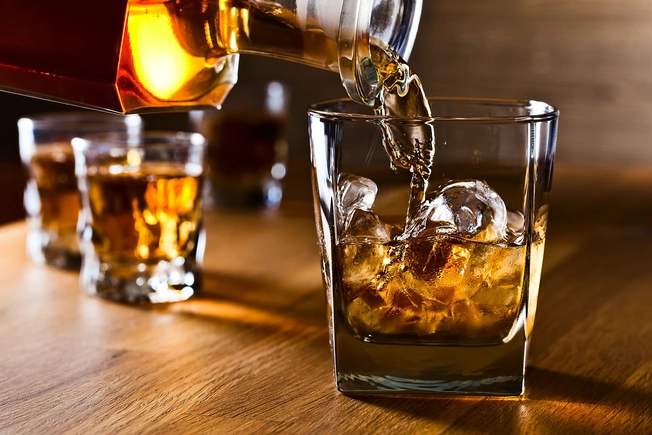
Too Much Alcohol or Caffeine
They can act as a diuretic and flush more water out of you. They also curb your body’s production of vasopressin, a hormone that normally tells your kidneys to release more water to your body instead of sending it straight to your bladder. It’s a good idea to sip water along with your cocktail, beer, or wine. While the effects of caffeine can be serious, it takes a lot more coffee to have the same effect as alcohol.
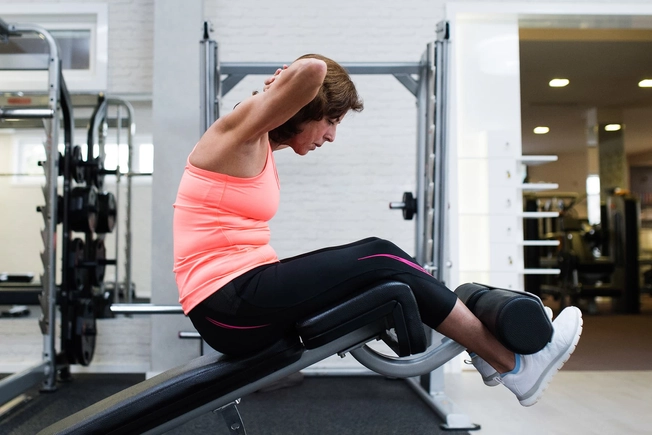
Weak Pelvis
That’s the area of your lower belly. When the muscles get stretched and weak, which may happen in pregnancy and childbirth, the bladder might move out of position. Or your urethra, the tube you pee through, might be stretched out. Both could cause you to leak pee.
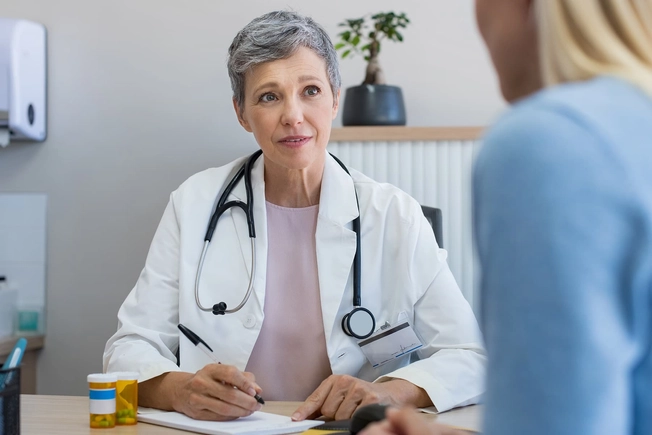
Menopause
This is when a woman stops having their period, around age 50. Your body produces less of the hormone estrogen, and that can make you want to pee more. Your doctor might be able to help with hormone replacement therapy, diet changes, and other treatments.
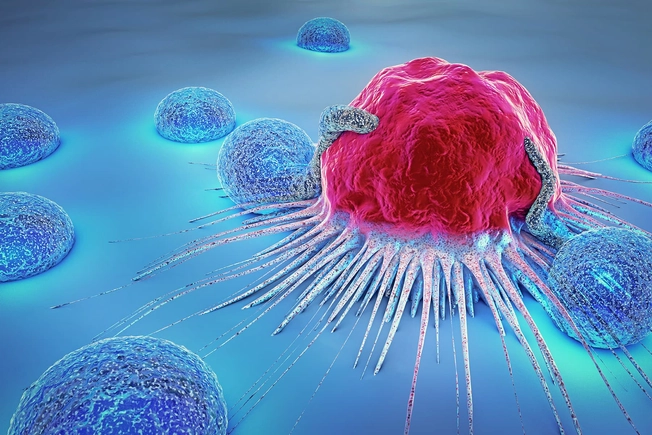
Tumor
Both cancerous and benign tumors can make you pee more because they take up more space in or around your bladder. Blood in your urine is the most important sign if it’s cancer. Talk to your doctor if you see blood, notice a lump in your lower belly, or find that it hurts to pee.
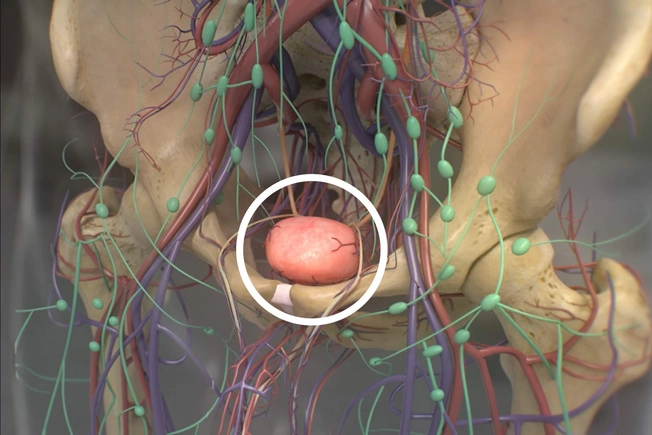
Prostate
Men have a walnut-sized gland, the prostate, that can grow larger after age 25. An enlarged prostate can make your pee stream feel weak and uneven. You might feel like you have to go more, sometimes urgently. Rarely, this may be a sign of more serious conditions like cancer. Your doctor can help rule out other causes and treat your enlarged prostate.
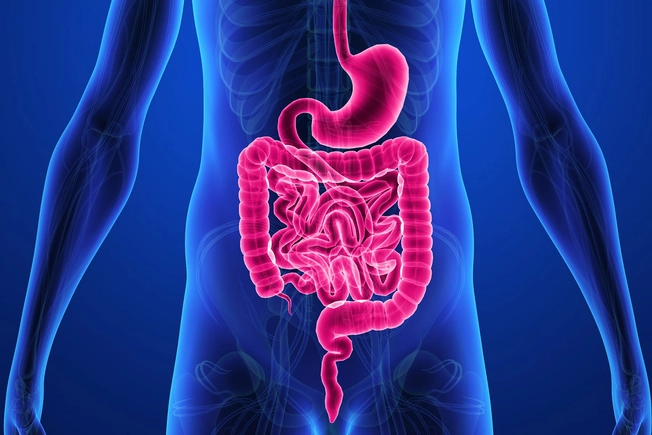
Constipation
If you haven’t pooped in a while (constipation), your bowel could get so full that it pushes on your bladder and makes you feel like you have to pee more often or really bad. Constipation can add to the problem by weakening your pelvic floor muscles, which help control your bowel and bladder. Talk to your doctor or pharmacist about how to get regular again.
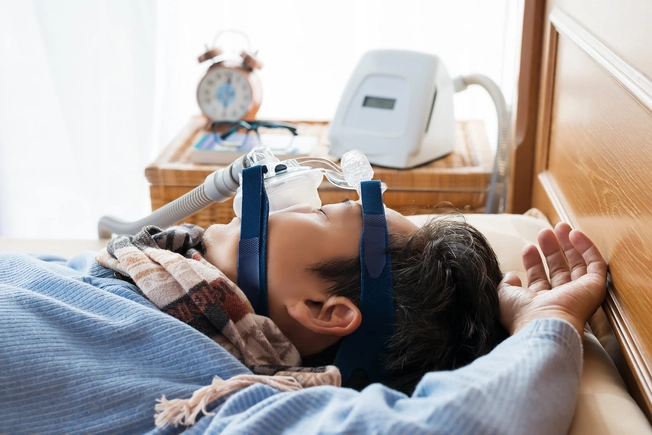
Sleep Apnea
Sleep apnea interrupts your breathing for brief spells and is associated with more trips to the bathroom in the middle of the night to pee. Nocturia, the condition of waking up to use the bathroom one or more times at night, is far more common in people with obstructive sleep apnea.